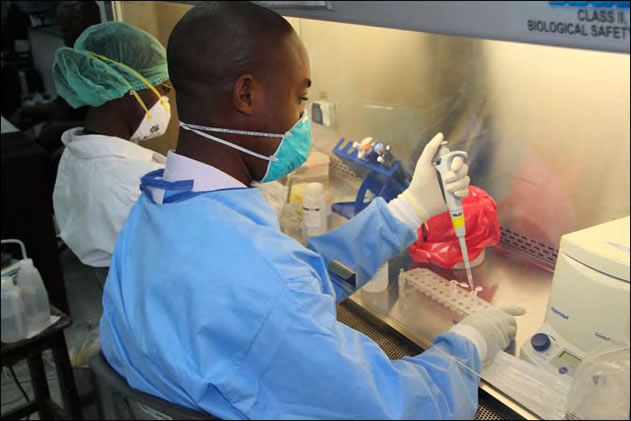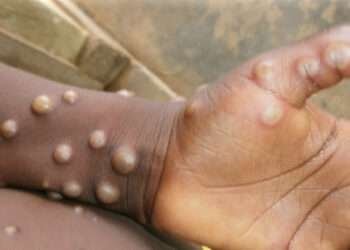Ghana’s medical device market is expected to maintain strong growth following the influx of new health infrastructure projects underway, albeit inflation risks and the weakening of the cedi present major downside risks to growth, according to Fitch Solutions.
The medical device market is expected to register a 2021-2026 CAGR of 12.2 per cent in local currency terms and 9.2 per cent in US dollar terms which will take expenditure to GHS742.6 million (USD110.7 million) by 2026.
Given the forecast period, orthopaedic and prosthetics followed by patient aids will be the fastest-growing markets, posting double-digit growth.
“Growth in the market will be supported by an economic rebound from Covid-induced slowdown in 2020. Increasing public health expenditure, particularly investments in hospital infrastructure projects, will further accelerate growth in the medical device market.”
Fitch Solutions
Medical Device Market Heavily Reliant on Imports
Ghana’s medical device market remains heavily reliant on imports, with domestic production only limited and confined to low-tech products. As of 2019, the country imported 86.6 per cent of its total medical devices, with more than 60 per cent of these imports coming from Burkina Faso, Italy and Niger.
Since the beginning of 2022, the cedi has lost roughly 20 per cent in value against the US dollar. As a result of this, Fitch believes that Ghana’s currency weakness will create headwinds for medical device imports, causing the market to underperform in the short term and most likely in the medium term if the currency depreciation continues.
Following Russia’s invasion of Ukraine, consumer price inflation has been rising since early 2022, reaching 23.6 per cent year-on-year in April 2022, which is the highest rate since January 2004.
Inflationary pressures are mostly driven by elevated transport and food prices, which increased by 33.5 per cent and 26.6 per cent year-on-year respectively in April 2022, squeezing the purchasing power of households.

“We believe that consumer price fluctuations will also affect Ghana’s medical devices private consumption, given that private health expenditure accounts for close to 49 per cent of total health expenditure in the country.”
Fitch Solutions
Additionally, downward pressures on private consumption will be exacerbated by a 1.5 per cent tax increase on electronic payments that was recently implemented by Ghanaian government as part of its fiscal consolidation measures.
Increasing Public Expenditure
Despite these headwinds, increasing public expenditure, particularly investments in hospital infrastructure projects, will revamp growth in the medical device market, Fitch noted.
On August 17, 2021, the government of Ghana announced it had secured a US$100 million start-up fund through the Ghana Investment Infrastructure Fund (GIIF) for the commencement of its plan to develop specialized and regional hospitals across the country.
The plan, named Agenda 111 envisioned by President Akufo-Addo, aims to ensure access to quality healthcare services throughout Ghana. The Agenda 111 includes the construction of 101 hospitals in districts without health facilities.
Additionally, a hospital is set to be built in each of Ghana’s six newly created regions and two specialist hospitals are planned to be built in the middle and northern belts of the country. Each hospital unit will have facilities such as outpatient and inpatient services, including elective surgery, ophthalmology, dental, physiotherapy and imaging services.
Following criticism that the project was overly ambitious, in March 2022, President Akufo-Addo stated that 87 hospitals are currently under construction. He has constantly said that all the hospitals under the Agenda 111 will be completed and commissioned before the end of his tenure in office, which is in January 2025.
According to Ghana’s Ministry of Health, it is estimated that each hospital under the Agenda will cost around USD17mn for construction and medical equipment.
If effectively completed, Fitch Solutions believes Agenda 111 will significantly benefit the healthcare sector in the country including the medical device market both in the medium-and-long term.
However, downside risks to the project is the ongoing depreciation of the Ghanaian cedi against the US dollar, elevated inflation in the country, and rising food and fuel prices could hinder progress.
READ ALSO: Prices Not Reflecting Shortfalls In Cocoa Arrivals In Côte d’Ivoire And Purchases In Ghana – ICCO





















